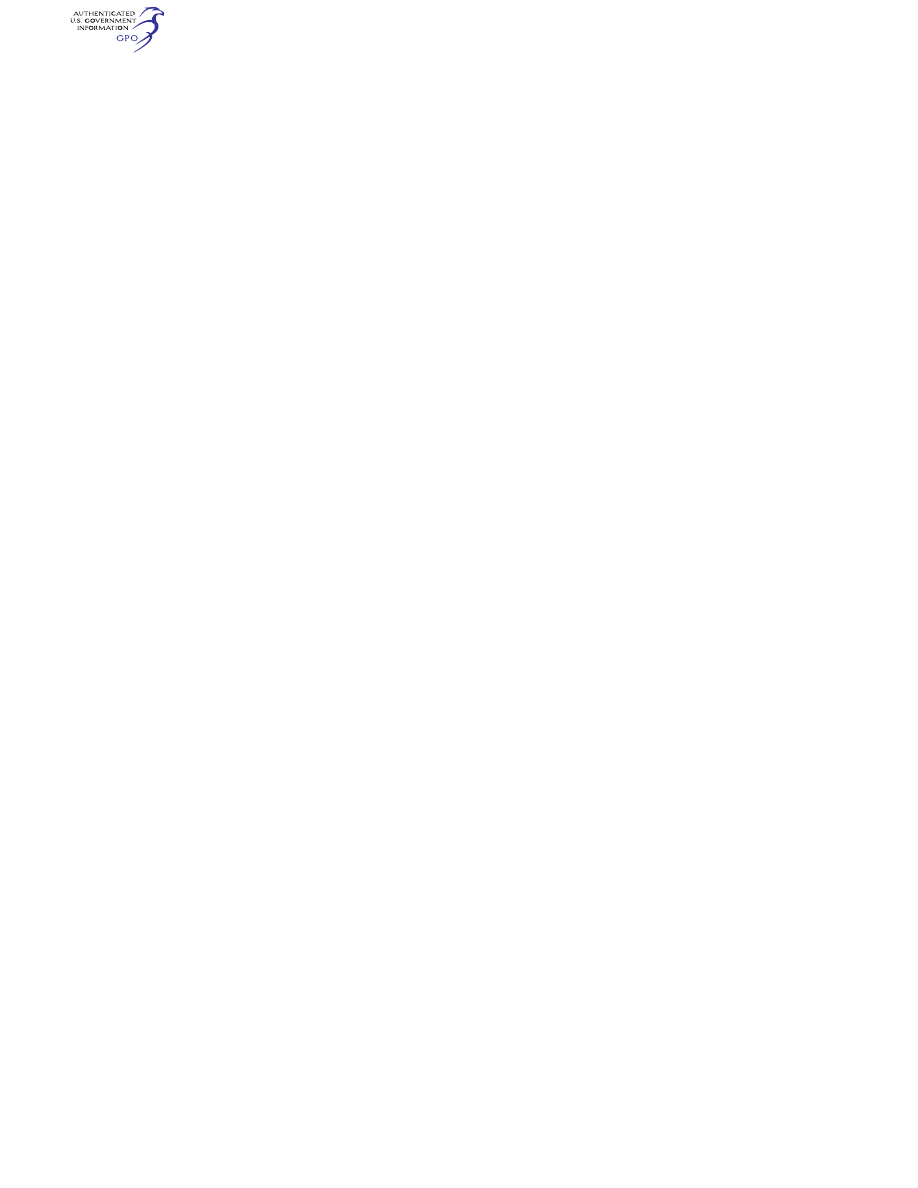
521
Federal Aviation Administration, DOT
§ 27.785
the cockpit structure or the pilot’s
clothing when pilots from 5
′
2
″
to 6
′
0
″
in
height are seated.
§ 27.779
Motion and effect of cockpit
controls.
Cockpit controls must be designed so
that they operate in accordance with
the following movements and actu-
ation:
(a) Flight controls, including the col-
lective pitch control, must operate
with a sense of motion which cor-
responds to the effect on the rotor-
craft.
(b) Twist-grip engine power controls
must be designed so that, for lefthand
operation, the motion of the pilot’s
hand is clockwise to increase power
when the hand is viewed from the edge
containing the index finger. Other en-
gine power controls, excluding the col-
lective control, must operate with a
forward motion to increase power.
(c) Normal landing gear controls
must operate downward to extend the
landing gear.
[Amdt. 27–21, 49 FR 44434, Nov. 6, 1984]
§ 27.783
Doors.
(a) Each closed cabin must have at
least one adequate and easily acces-
sible external door.
(b) Each external door must be lo-
cated where persons using it will not be
endangered by the rotors, propellers,
engine intakes, and exhausts when ap-
propriate operating procedures are
used. If opening procedures are re-
quired, they must be marked inside, on
or adjacent to the door opening device.
[Doc. No. 5074, 29 FR 15695, Nov. 24, 1964, as
amended by Amdt. 27–26, 55 FR 8001, Mar. 6,
1990]
§ 27.785
Seats, berths, litters, safety
belts, and harnesses.
(a) Each seat, safety belt, harness,
and adjacent part of the rotorcraft at
each station designated for occupancy
during takeoff and landing must be free
of potentially injurious objects, sharp
edges, protuberances, and hard surfaces
and must be designed so that a person
making proper use of these facilities
will not suffer serious injury in an
emergency landing as a result of the
static inertial load factors specified in
§ 27.561(b) and dynamic conditions spec-
ified in § 27.562.
(b) Each occupant must be protected
from serious head injury by a safety
belt plus a shoulder harness that will
prevent the head from contacting any
injurious object except as provided for
in § 27.562(c)(5). A shoulder harness
(upper torso restraint), in combination
with the safety belt, constitutes a
torso restraint system as described in
TSO-C114.
(c) Each occupant’s seat must have a
combined safety belt and shoulder har-
ness with a single-point release. Each
pilot’s combined safety belt and shoul-
der harness must allow each pilot when
seated with safety belt and shoulder
harness fastened to perform all func-
tions necessary for flight operations.
There must be a means to secure belts
and harnesses, when not in use, to pre-
vent interference with the operation of
the rotorcraft and with rapid egress in
an emergency.
(d) If seat backs do not have a firm
handhold, there must be hand grips or
rails along each aisle to enable the oc-
cupants to steady themselves while
using the aisle in moderately rough
air.
(e) Each projecting object that could
injure persons seated or moving about
in the rotorcraft in normal flight must
be padded.
(f) Each seat and its supporting
structure must be designed for an occu-
pant weight of at least 170 pounds con-
sidering the maximum load factors, in-
ertial forces, and reactions between oc-
cupant, seat, and safety belt or harness
corresponding with the applicable
flight and ground load conditions, in-
cluding the emergency landing condi-
tions of § 27.561(b). In addition—
(1) Each pilot seat must be designed
for the reactions resulting from the ap-
plication of the pilot forces prescribed
in § 27.397; and
(2) The inertial forces prescribed in
§ 27.561(b) must be multiplied by a fac-
tor of 1.33 in determining the strength
of the attachment of—
(i) Each seat to the structure; and
(ii) Each safety belt or harness to the
seat or structure.
(g) When the safety belt and shoulder
harness are combined, the rated
strength of the safety belt and shoulder
VerDate Sep<11>2014
09:06 Jun 28, 2024
Jkt 262046
PO 00000
Frm 00531
Fmt 8010
Sfmt 8010
Y:\SGML\262046.XXX
262046
jspears on DSK121TN23PROD with CFR